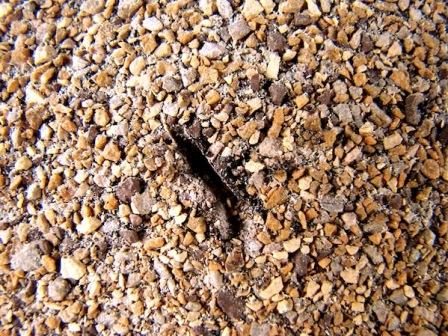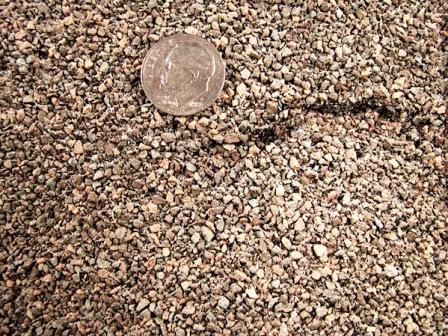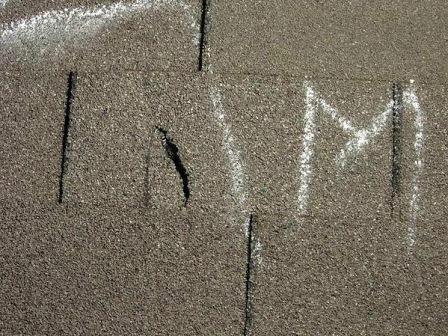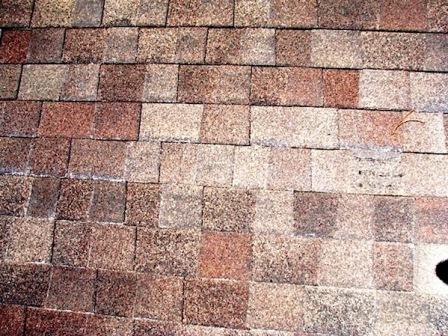Mastering Roof Inspections: Asphalt Composition Shingles, Part 37
by Kenton Shepard and Nick Gromicko, CMI®
The purpose of the series “Mastering Roof Inspections” is to teach home inspectors, as well as insurance and roofing professionals, how to recognize proper and improper conditions while inspecting steep-slope, residential roofs. This series covers roof framing, roofing materials, the attic, and the conditions that affect the roofing materials and components, including wind and hail.
Unintentional mechanical damage is usually the result of careless action by people working on the roof for one reason or another. Installing shingles or equipment, cleaning gutters, making repairs, or performing construction work of other types can put people on the roof with tools or equipment capable of damaging shingles.
Tool Damage
Workmen may have a variety of tools on the roof, depending on the nature of their mission.


It’s not unusual to see knife cuts from careless installers.

This photo shows damage left by a dropped tool. It has been marked with chalk by an insurance claims adjuster.

This photo shows an extreme close-up of damage left by a screwdriver.
Impact


Here’s a photo of unidentified mechanical damage.
You won’t always be able to determine what has caused damage, but it helps to be able to differentiate between hail damage, single-incident damage, such as a dropped tool, and damage that may continue, such as wind damage.
Scuffing

Scuffing is granule loss typically caused by foot traffic in areas where workmen have been active or along paths of travel on the roof.
Marring

Marring of the asphalt layer is typical of damage that happens when the asphalt layer is warm and soft and is displaced or indented by foot traffic. Marring is not considered functional damage. Steeper roofs, newly installed roofs, and roofs in warmer climates are the most vulnerable to scuffing and marring.
Intentional Damage
**************************************************
Learn how to master a roof inspection from beginning to end by reading the entire InterNACHI series: Mastering Roof Inspections.
Take InterNACHI’s free, online Roofing Inspection Course
Mastering Roof Inspections
Roofing Underlayment Types
Inspecting Underlayment on Roofs
Fall-Arrest Systems
Roofing (consumer-targeted)
More inspection articles like this

